Articles by Reporters Without Borders (RSF)
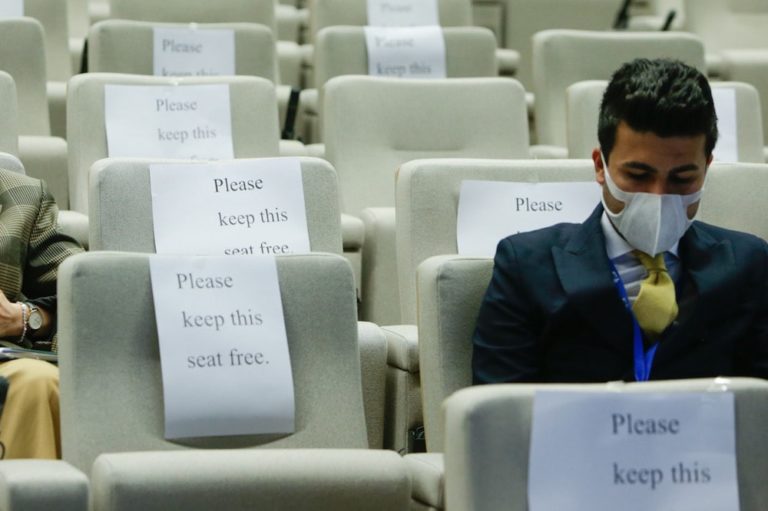
Free expression groups call on CoE to press member states to ensure media freedom during COVID-19
“Several governments across Europe are already using the pandemic to claim extraordinary powers that can undermine democratic institutions, including the free press. We believe that some Council of Europe Member States are at risk of derogating from the European Convention on Human Rights.”

Pakistan: Denial of justice for Daniel Pearl’s murder
Reporters Without Borders (RSF) said a Pakistan court decision overturning the conviction for the mastermind of US reporter Daniel Pearl’s murder is a shocking symbol of impunity for crimes of violence against journalists.
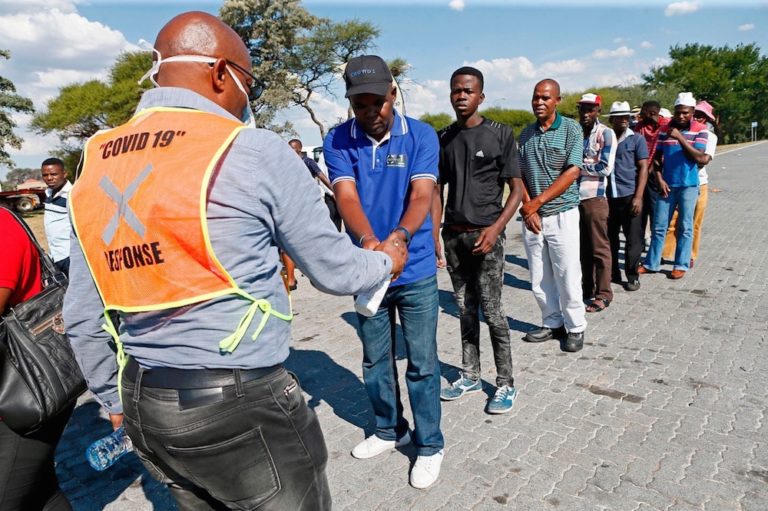
Coverage of COVID-19 puts journalists at risk from their own authorities
Journalists in Africa are at risk of being detained or arrested by authorities in their countries as they go about covering the COVID-19 pandemic.

States of emergency: Middle East governments suppress access to information during the COVID-19 pandemic
Reporters Without Borders highlights how the coronavirus crisis is being used by governments in the MENA region as a pretext to tighten their grip on the media and clamp down on information vital to combating the virus’s spread.
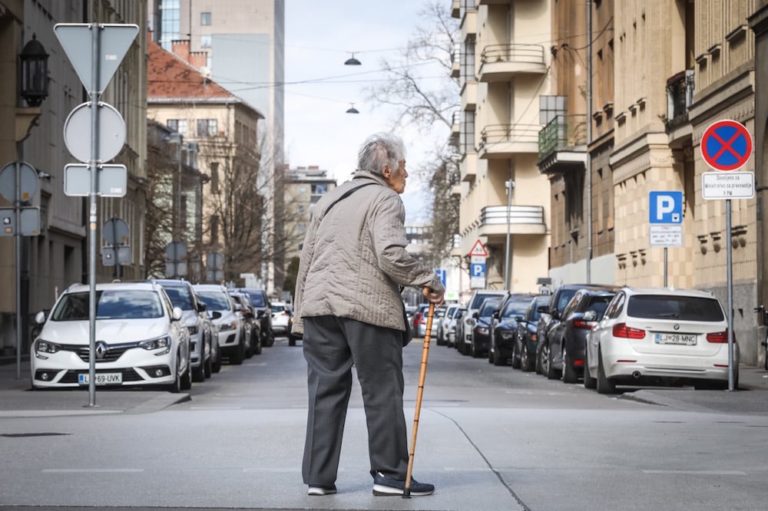
Slovenia: Free press groups call on government to stop harassing journalist Blaž Zgaga
Blaž Zgaga has been the target of a hate campaign fuelled by the government since he made an official Freedom of Information Request on the COVID-19 pandemic.
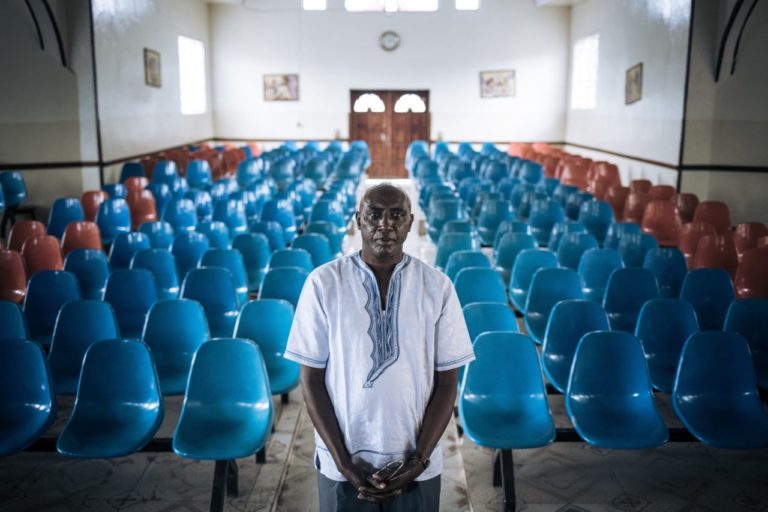
DRC police run down TV reporter Tholi Totali Glody covering COVID-19 lockdown
TV reporter Tholi Totali Glody was run over by Democratic Republic of Congo police while covering the lockdown in Likasi, the second-largest city in the Haut-Katanga province.
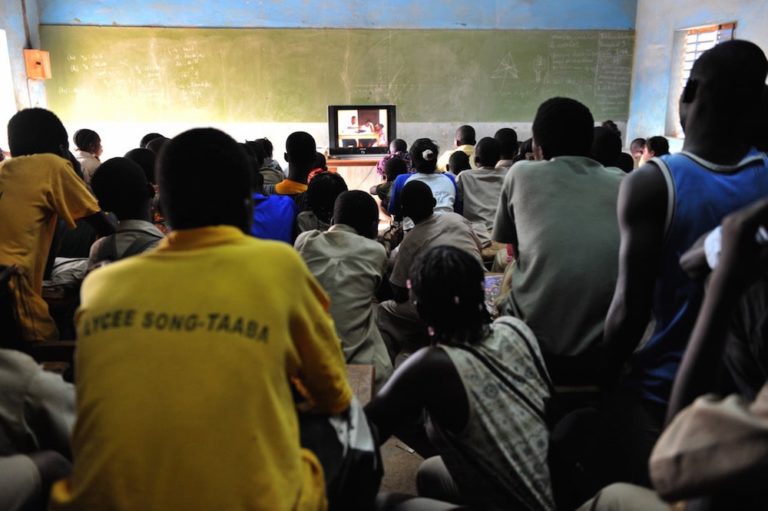
Accurate reporting lands Beninese journalist in jail
More than 120 media outlets and West African journalists have signed on to an op-ed calling for the release of Beninois journalist Ignace Sossou, detained for over two months.

RSF’s ‘Operation Collateral Freedom’ now unblocking 21 sites in 12 countries
The operation works by creating duplicates of the censored websites on international servers belonging to the world’s Internet giants; if a country wants to block access to the duplicates, it must also deprive itself of access to all the services hosted on these servers, which would inflict significant “collateral damage” on its own economy.
